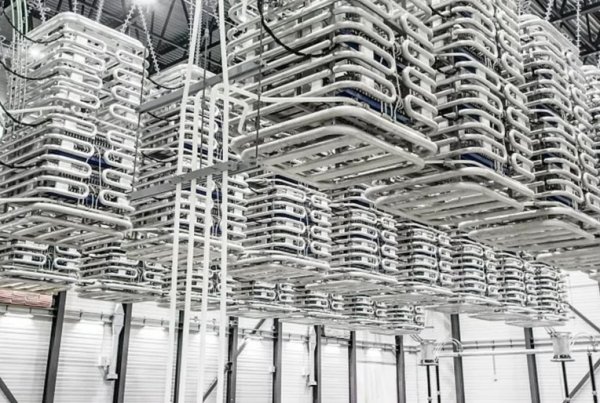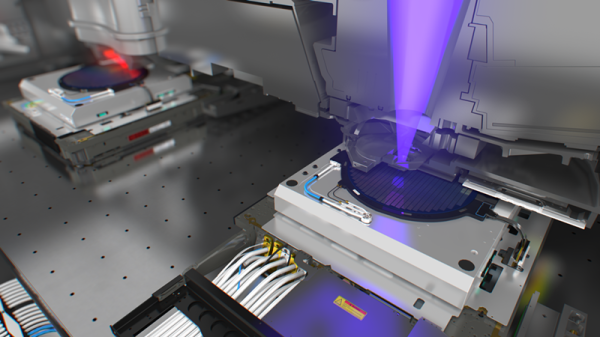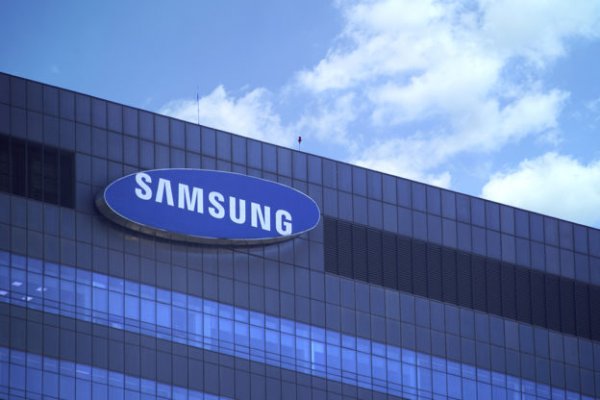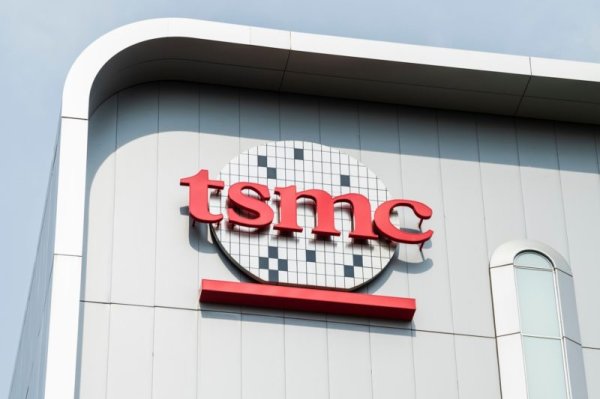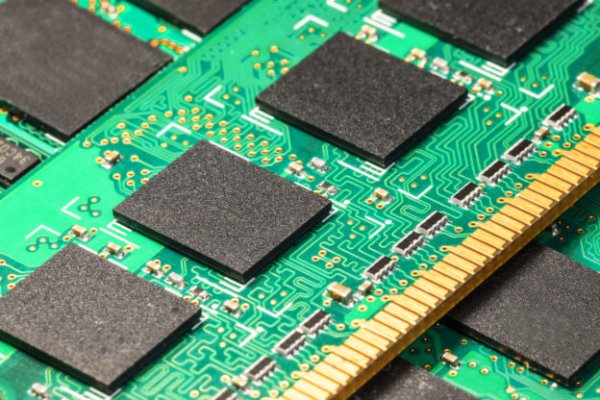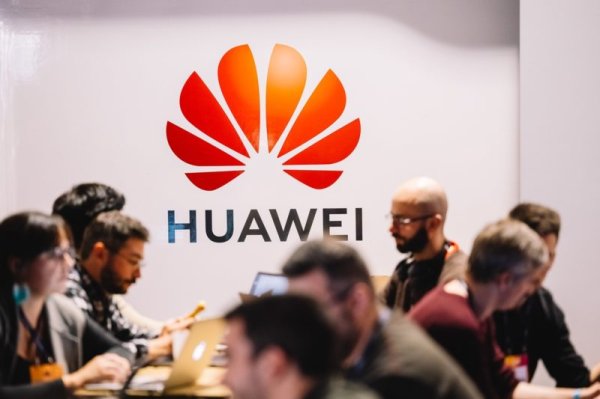To relies on HBM for AI chips, we will develop new AI memory solutions for research and development
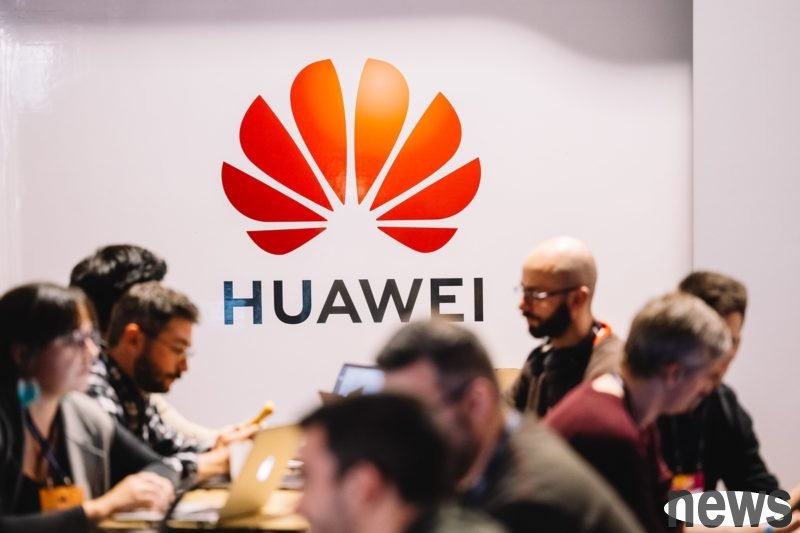
According to the latest reports from foreign media, China's Science and Technology Factory is committed to actively investing in the research and development of AI memory. This plan is a key step to combat Western technological restrictions and reduce the dependence on high-frequency wide memory (HBM). This new memory is designed for AI work execution, with the goal of effectively replacing the current high-frequency wide memory solution for China's AI hardware development.
Wccftech quotes Chinese media news that this breakthrough AI memory may appear in the form of solid-state hard drive (SSD) and deeply optimize the data center environment. This situation highlights China's pursuit of independent innovation and reduces its strategic determination to rely on the West under the constraints of global semiconductor supply chains and political restrictions on land. Although the specific technical details have not been disclosed, the report pointed out that the AI SSD for China will overcome the limitations of existing memory capacity and provide high-performance and unconnected capacity expansion. This will not only greatly improve AI computing capabilities, but also hope to be matched with HBM in terms of efficiency and efficiency, and become a viable alternative.
It is undoubtedly a key point for China's AI hardware to face the dilemma of insufficient HBM solution capabilities. Considering the current situation that HBM supply is subject to large-scale restrictions due to local political factors, the research and development work of China will provide a stable and independent memory supply chain for AI industries in China, thereby relieving the dependence on international supply chains.
At the critical moment when China is actively promoting 100% self-sufficient policy for AI chips, the goal is to achieve this goal by 2027. To this end, China is expected to significantly increase AI chip production in the next few years. Among them, in order to be a Chinese science and technology factory, its innovation in the field of AI memory directly responds to China's national strategy and strives to refine the gap with the West in advanced memory technology. At this stage, although Chinese companies such as Changxin Cash (CXMT) have made progress in memory, there is still a certain gap with Western advanced solutions.
The outside world believes that China has developed rapidly in the field of AI computing, including recommendations and training hardware. In order to meet external restrictions, China has adopted many strategies. First, Hua has launched the Uniform Cache Manager (UCM) software suite, an innovative software solution. UCM can accelerate the training of large language models (LLM) across multiple memory systems, including HBM, standard DRAM and SSD, and further effectively expand the memory usage range of AI-related work. This becomes a potential solution for HBM hardware limitations without introducing new capability hardware.
Secondly, in order to have shown its CloudMatrix AI collection to the public, the company claims that this is of the same level as the NVIDIA GB200, which has enabled China to make a major breakthrough in the field of advanced AI hardware. Although the cost of delivering the CloudMatrix 384 AI set for China is three times that of the NVIDIA GB200 NVL72 system, it still has significant meaning and shows its technical strength.
Finally, NVIDIA chief scientist Bill Dally also said that more and more AI engineers are turning to China, which means that China's competition is emerging and gradually narrows the gap with industry leaders such as NVIDIA. In addition, to further strengthen the self-sufficiency of China's AI chips, in order to actively build a large chip factory in China, the wafer round factory is expected to play a key role in reducing the dependence on foreign chip supply.
Although these developments are expected by Hua, the specific implementation and detailed specifications of this AI memory solution have not been made public. Therefore, the market and industry should remain cautious when evaluating the effectiveness of these claims. However, regardless of the final results, China's continuous investment in AI memory and related hardware and software fields highlights its layout in establishing an independent AI ecosystem, and has a profound impact on China's position in the global AI competition landscape.


